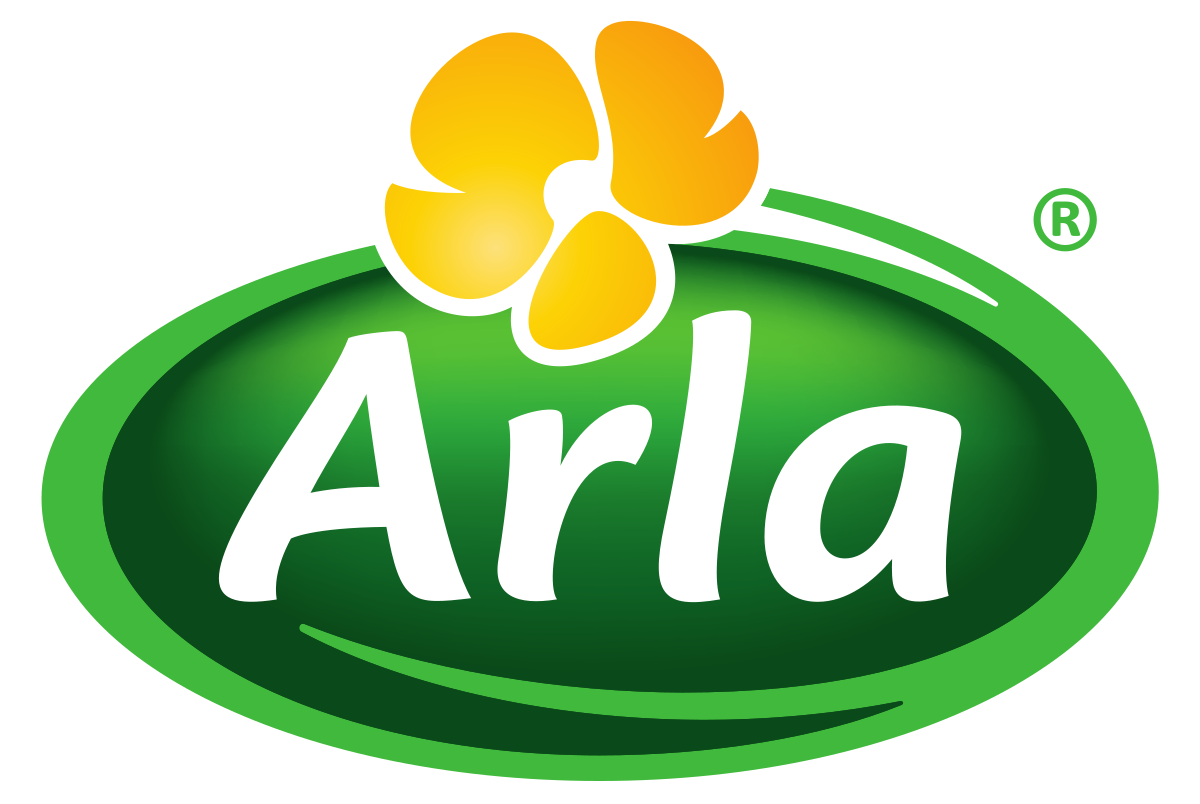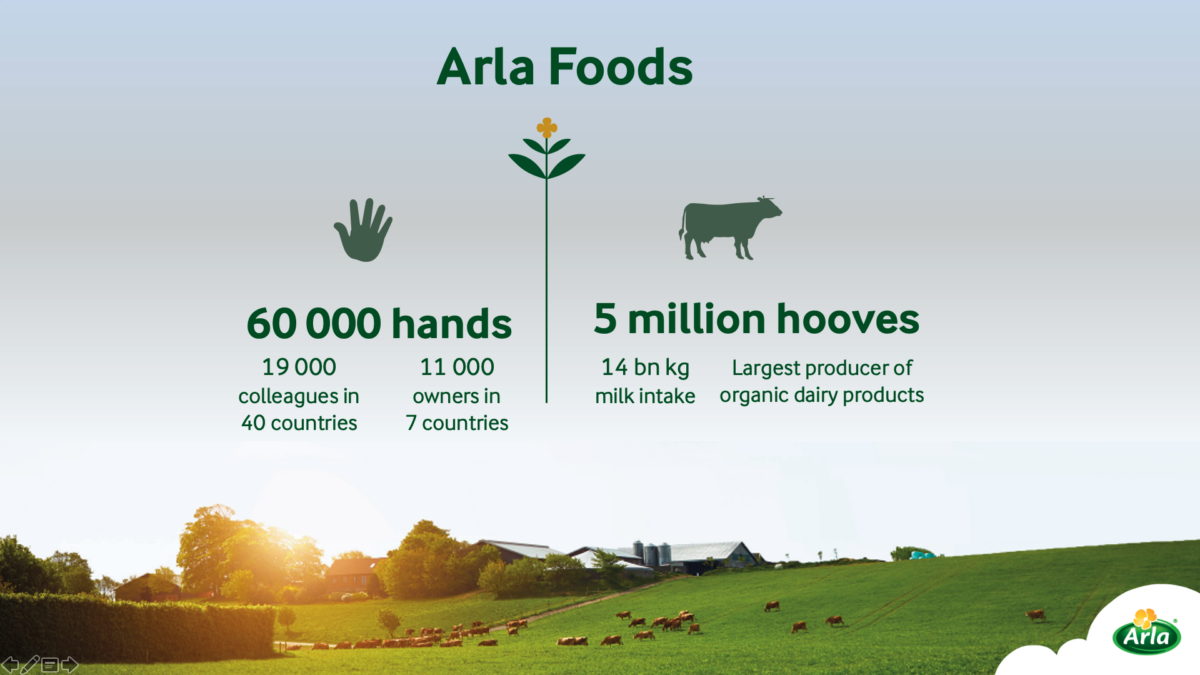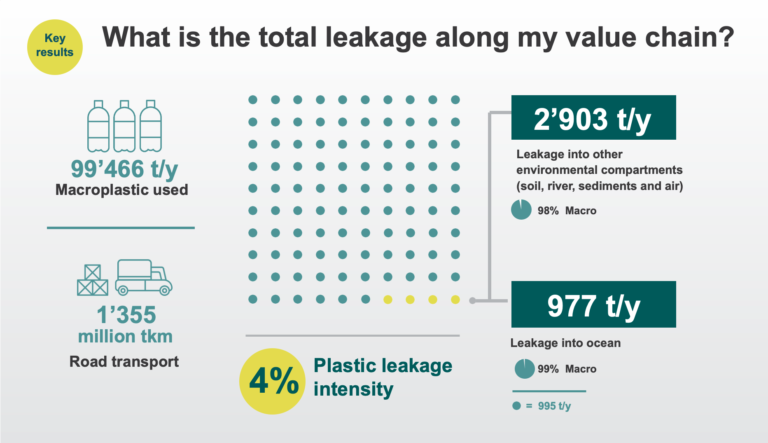As a first step in defining an effective action plan to reduce plastic leakage along its global value chain, multinational dairy cooperative Arla Foods performed a corporate plastic leakage assessment to understand how much leakage is occuring, where, and during which stages of the value chain the leakage may be occuring.

Challenge
Arla Foods has made bold commitments to reduce plastic leakage along its global value chain as part of its wider sustainable packaging strategy, which includes zero waste and 100% recyclable ambitions. The company knew that for its efforts to address plastic leakage to be impactful, they needed to be tailored to the challenges present in its own supply chain. Information about where and how much plastic leakage is occurring in the value chain was therefore essential for defining an effective action plan.

Insights
Growing awareness around the environmental impact and scale of plastic pollution has made plastic leakage a hot-button topic and a major business risk for companies in the agri-food industry and beyond. Companies are making bold commitments to tackle plastic pollution, but they lack the necessary information and tools to drive real change. Currently, life cycle assessments, a key tool companies use to assess the environmental impacts of their products and business, do not account for plastic as a pollutant, meaning businesses can’t identify when or where plastic leakage is occuring.
Designed specifically for businesses by Quantis and eco-design center EA, the Plastic Leak Project (PLP) Guidelines fill this critical gap by providing the first science-based methodology for calculating and reporting estimates of plastic and micro-plastic leakage across the value chain. Using the methodology, companies can detect leakage hotspots, identify priorities, define effective action plans that avoid trade-off of impact, track progress and communicate credibly about the environmental performance of their products and business as a whole.
As a member of the Plastic Leak Project, Arla was one of the first companies to pilot the guidelines and perform a corporate-level assessment of its plastic leakage.
Arla used the findings of the scientific assessment to inform its plastic leakage strategy and to develop an action plan tailored to the specific challenges present in its value chain.
Actions
Arla collected data about the amount of plastic being used across all stages of the value chain — from the farms supplying Arla to the factories manufacturing its products and packaging, etc. Quantis applied the PLP guidelines to Arla’s data and using life cycle assessment principles, identified the company’s total plastic leakage. Detailed analysis of the data was performed to find out which geographic regions and life cycle stages are the most significant sources of plastic leakage, as well as where the leaked plastic ends up.
Impact
The results of the assessment revealed that 4% of the nearly 100,000 tons of plastic used in Arla’s value chain was leaking into the environment. Most of this leakage was linked to macro-plastics and was found to be occuring at the end-of-life stage mainly due to inefficient waste management systems. Nigeria, Bangladesh, and China were identified as the countries with the highest rates of plastic leakage.

Arla used the findings of the scientific assessment to inform its plastic leakage strategy and to develop an action plan tailored to the specific challenges present in its value chain. The company has decided to work directly with stakeholders in core markets to increase recycling rates and address littering.
The data gathered from this initial assessment will form a baseline that Arla can use to monitor improvement and track progress toward its goals, as well as demonstrate its leadership in tackling plastic pollution.
We’re your full-service partner for the transformational journey. Our strategic advisors are equipped to guide you at every point along the way.



